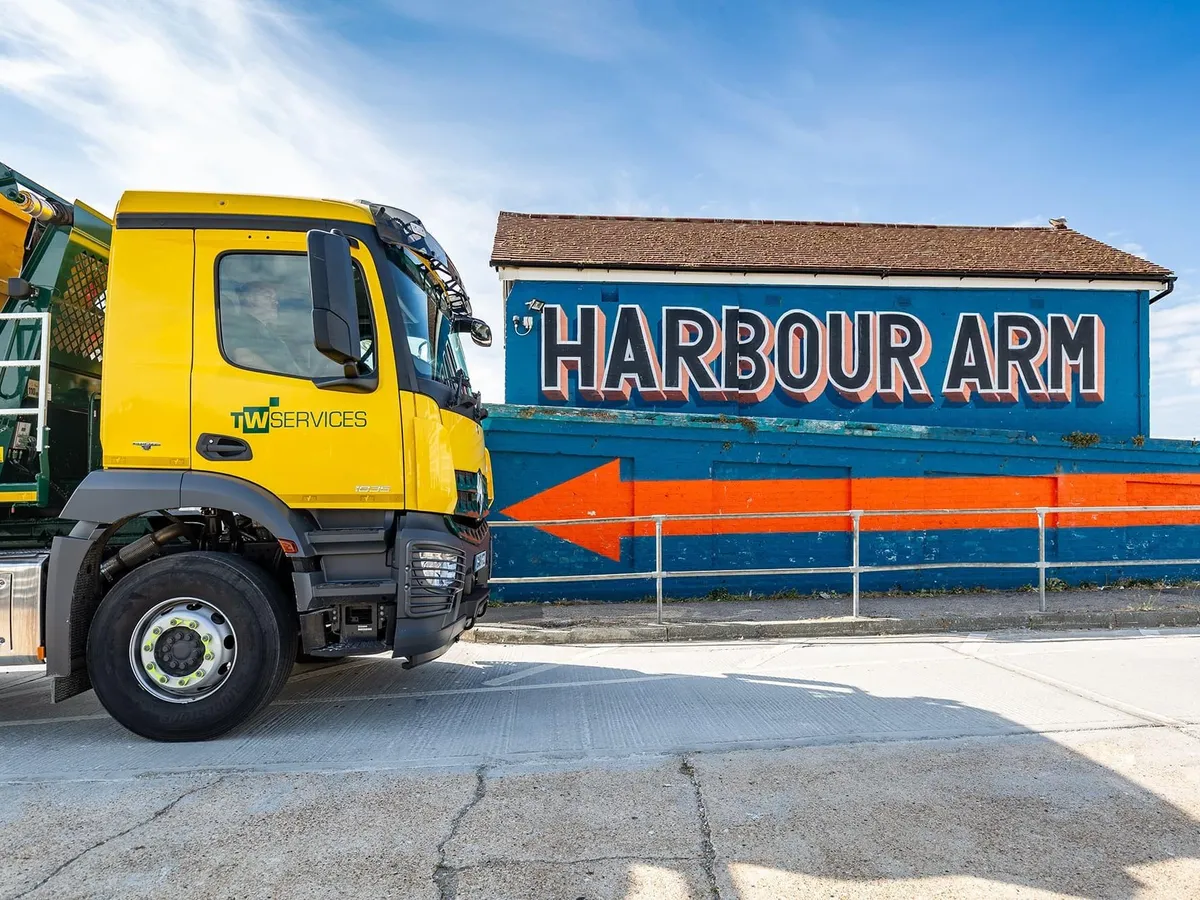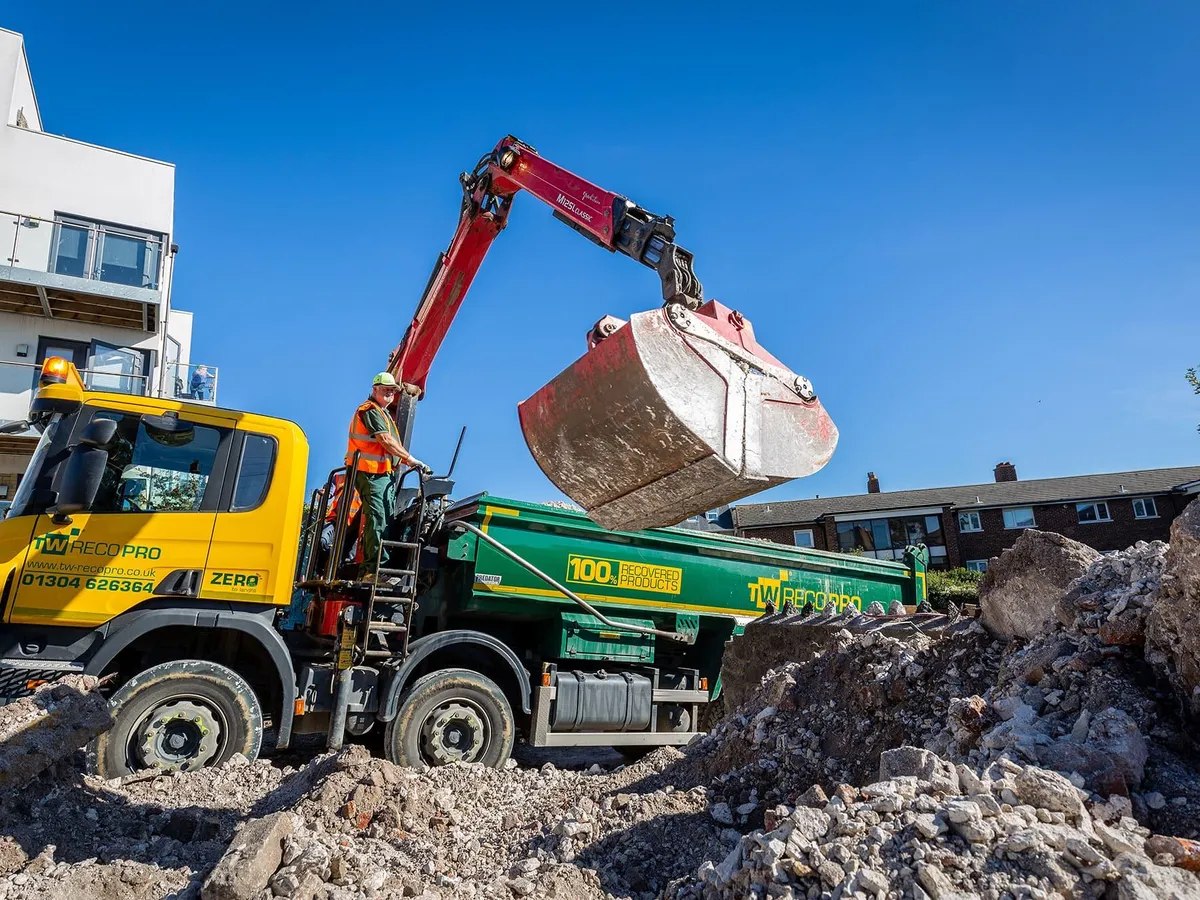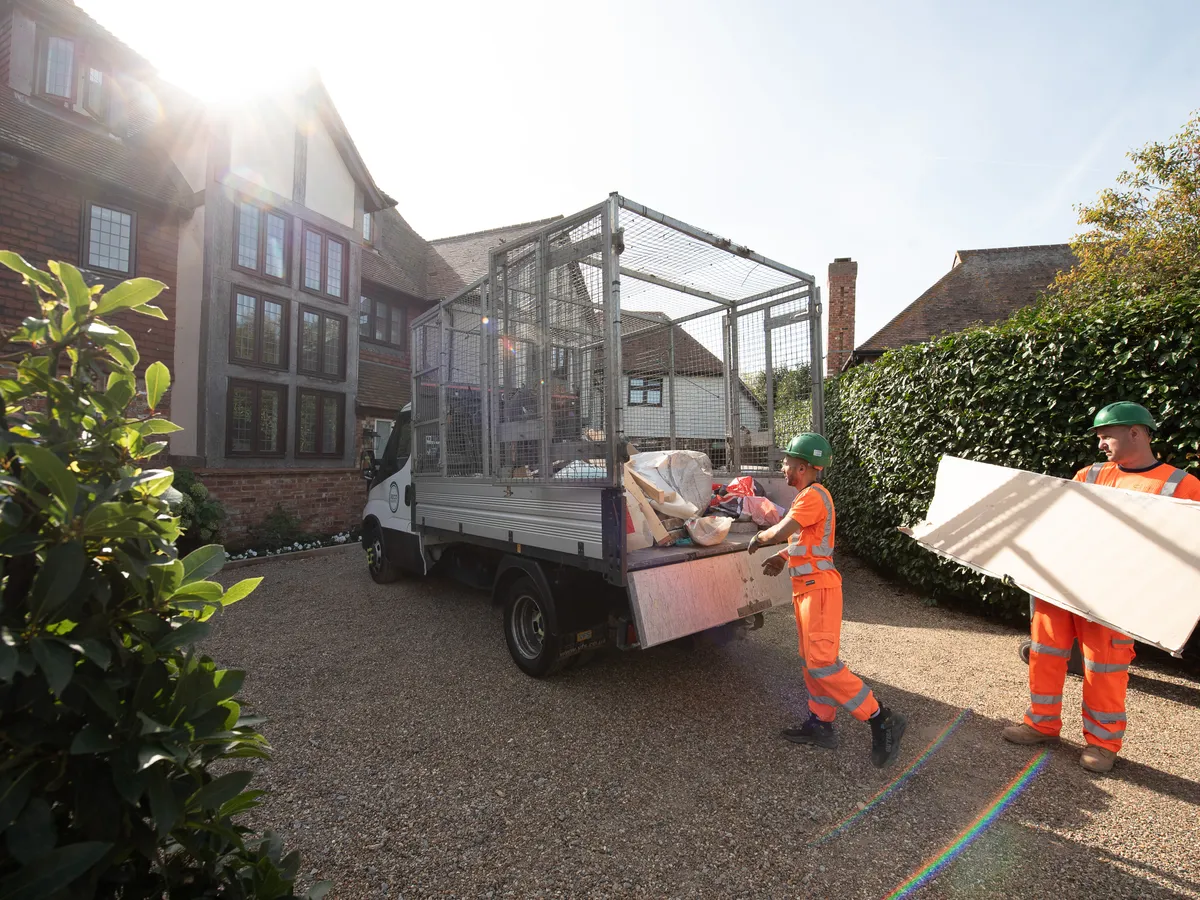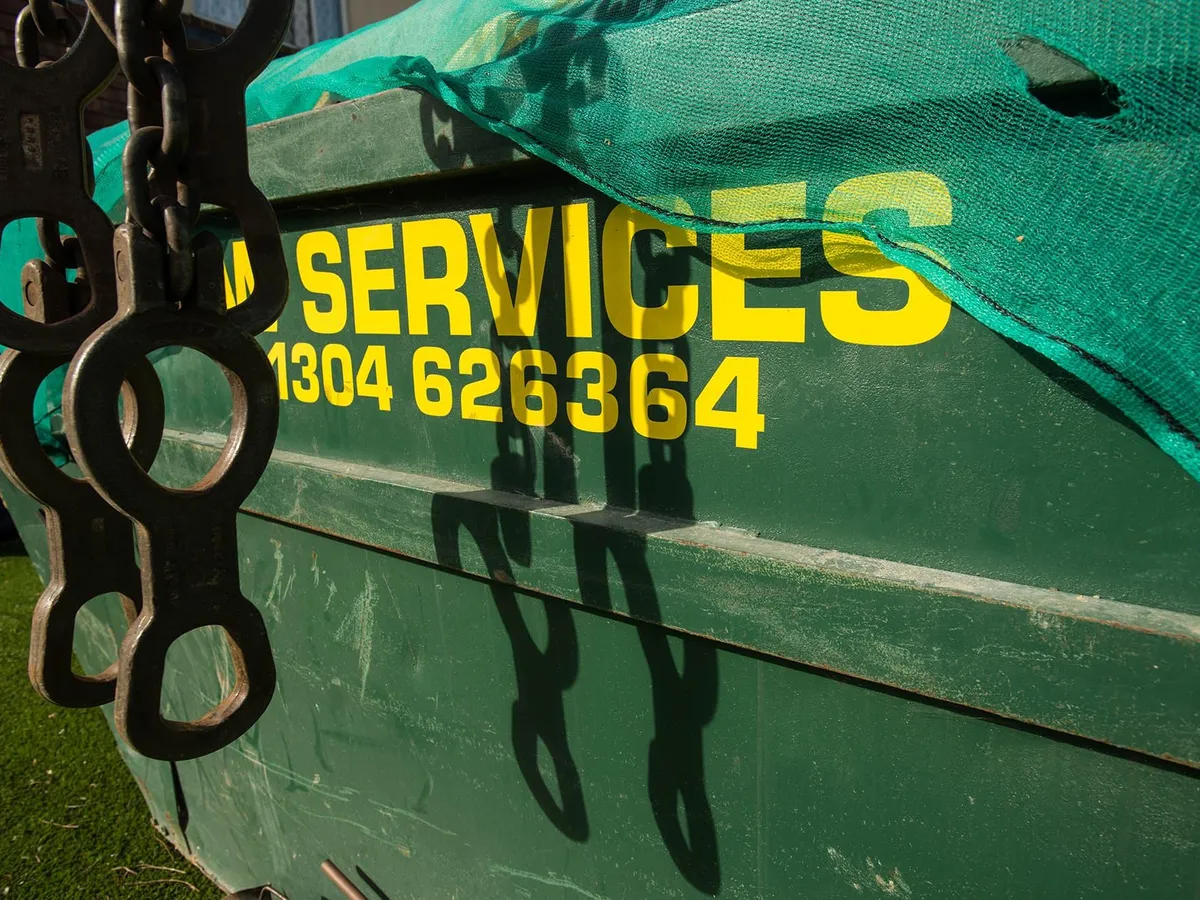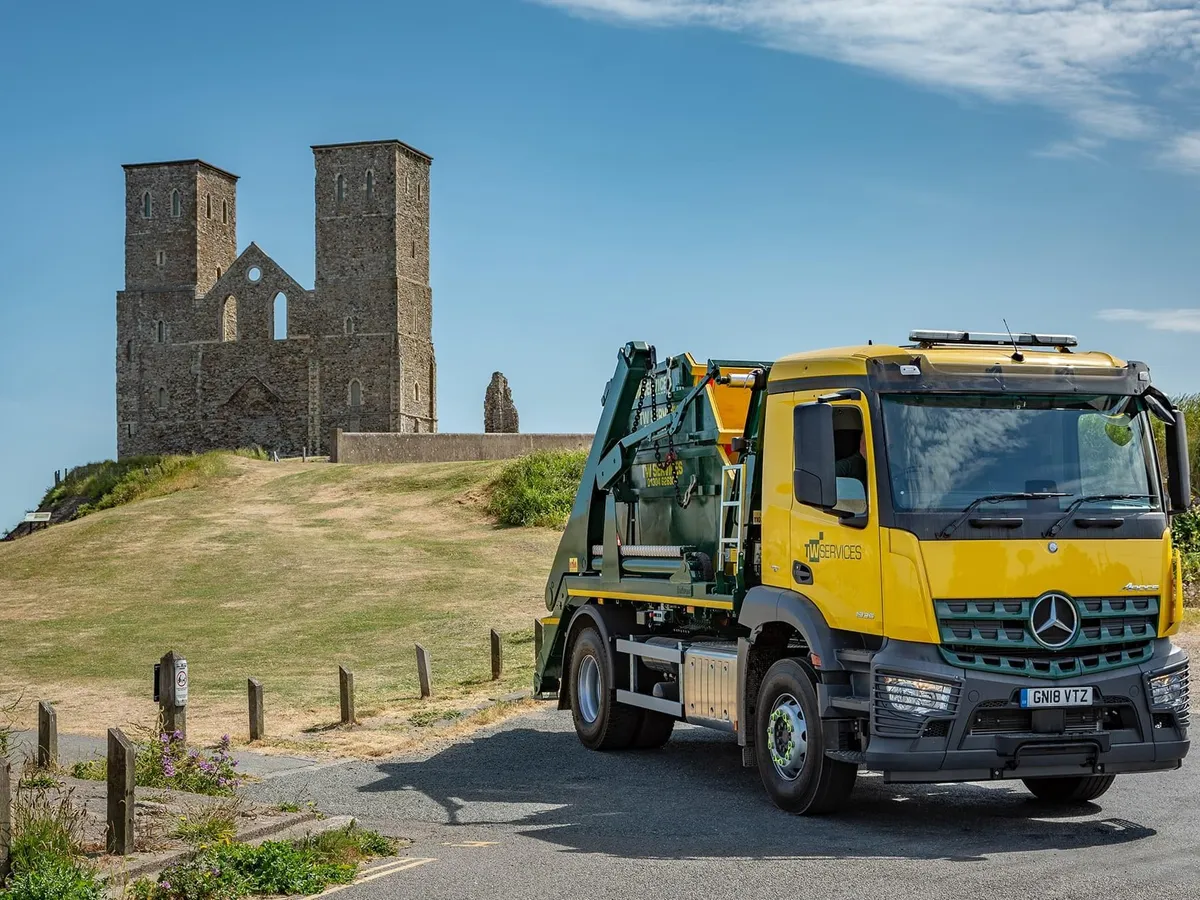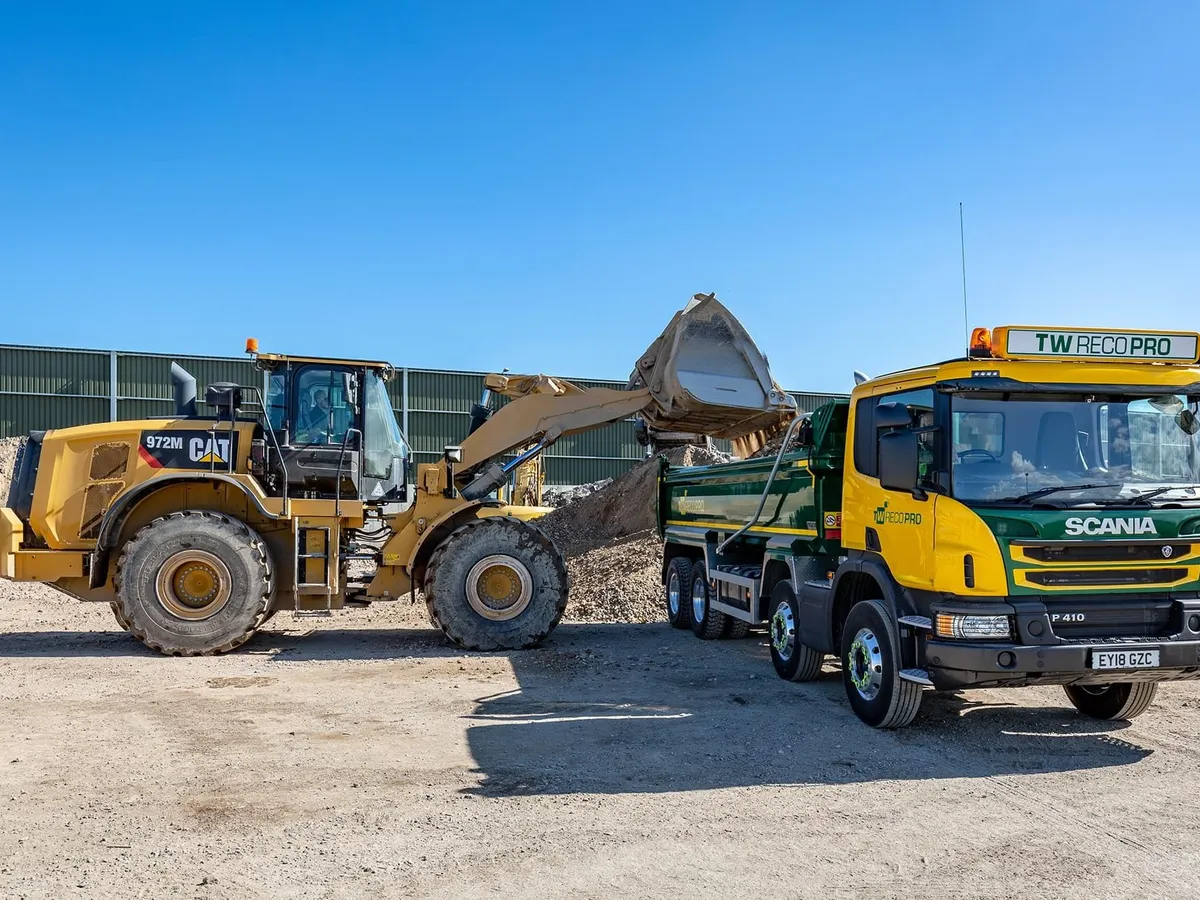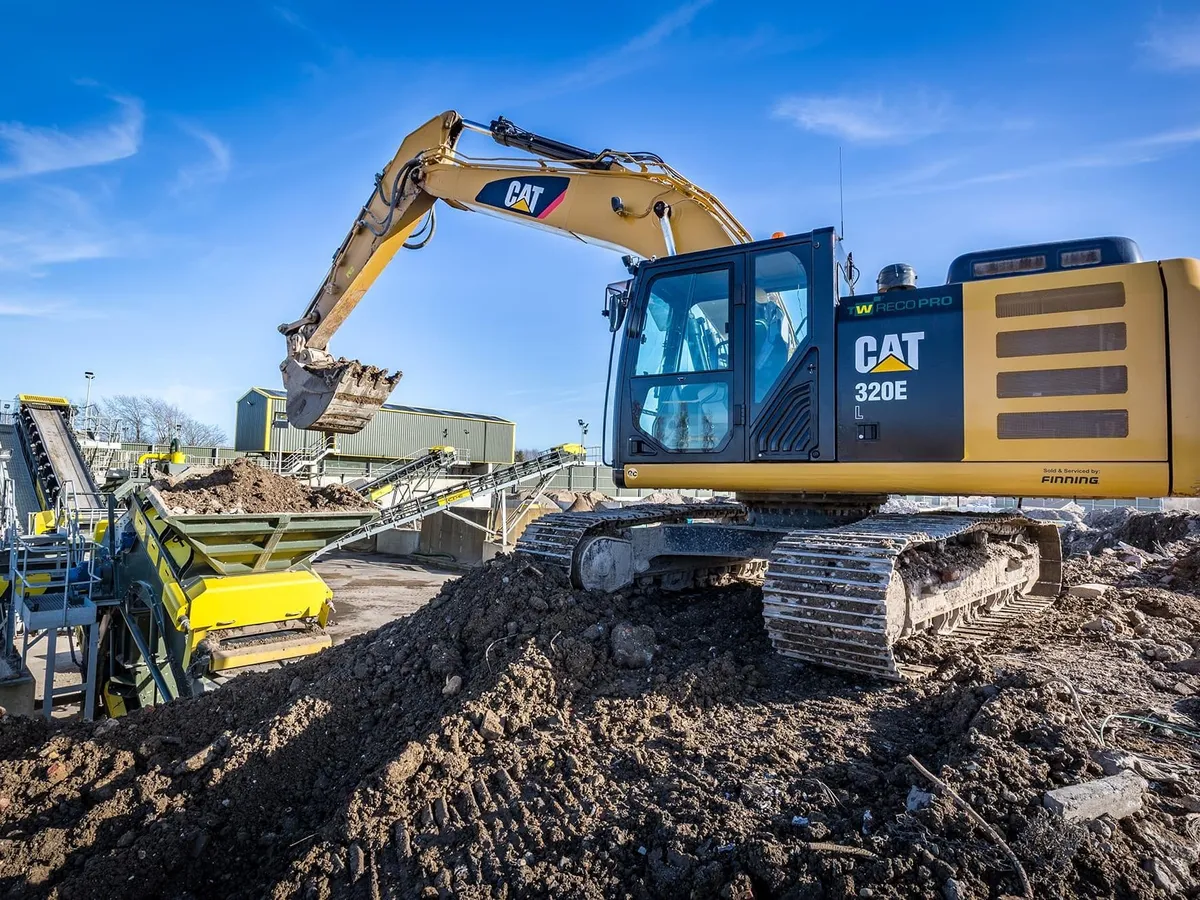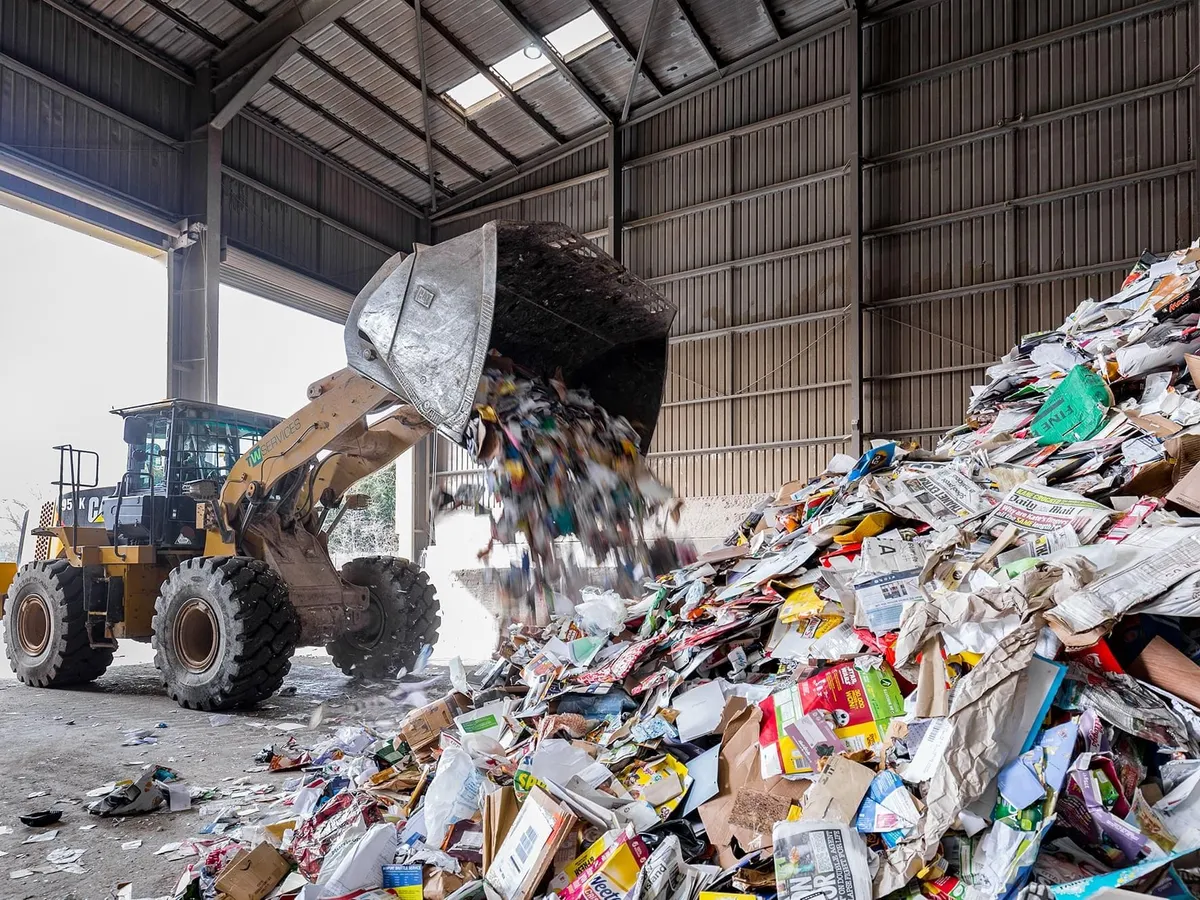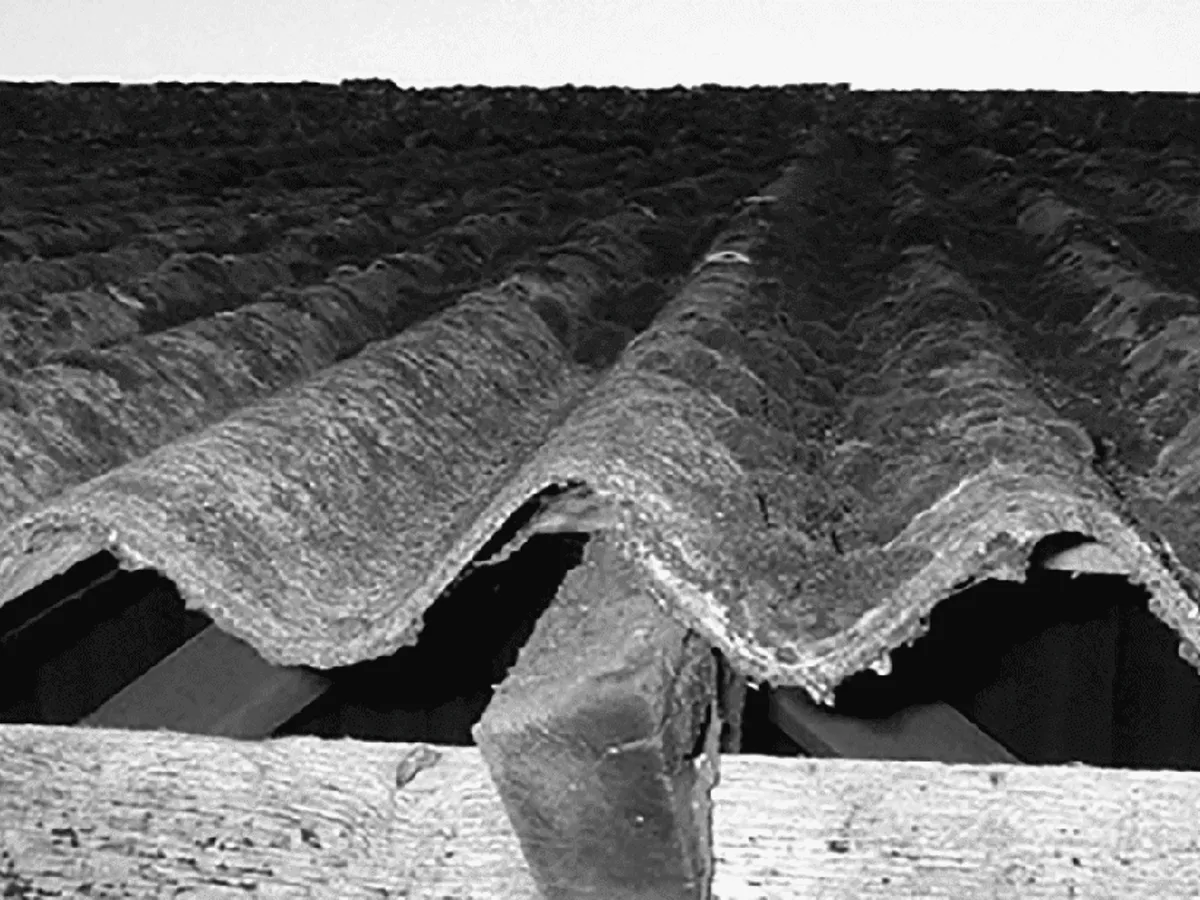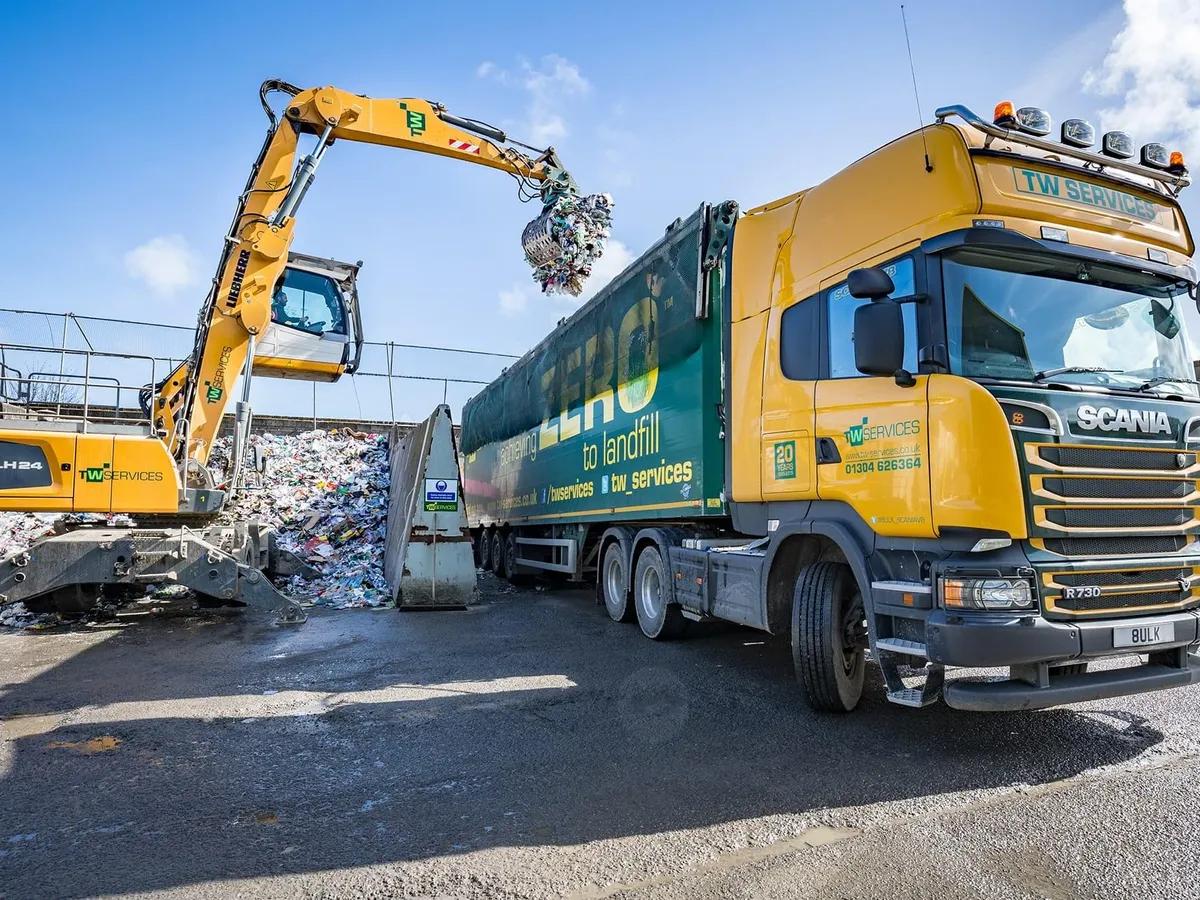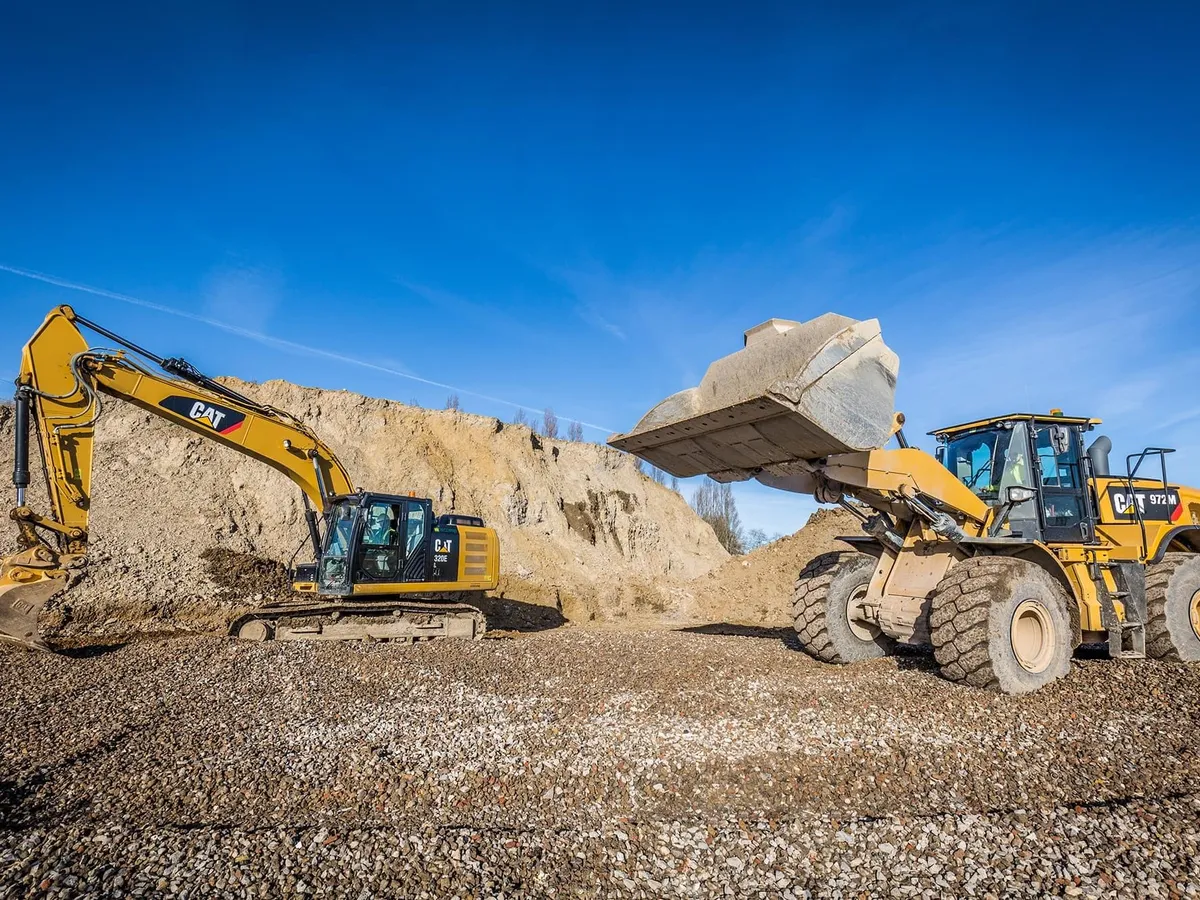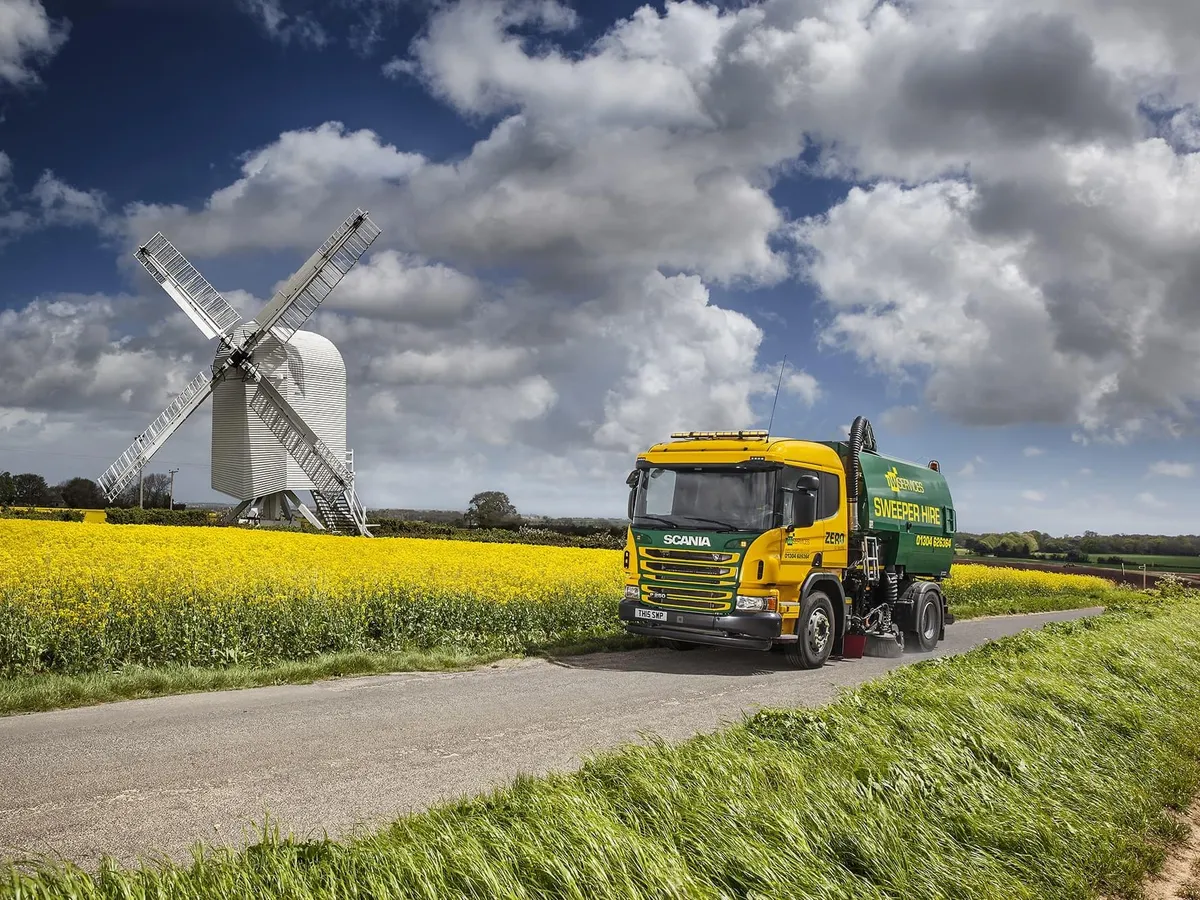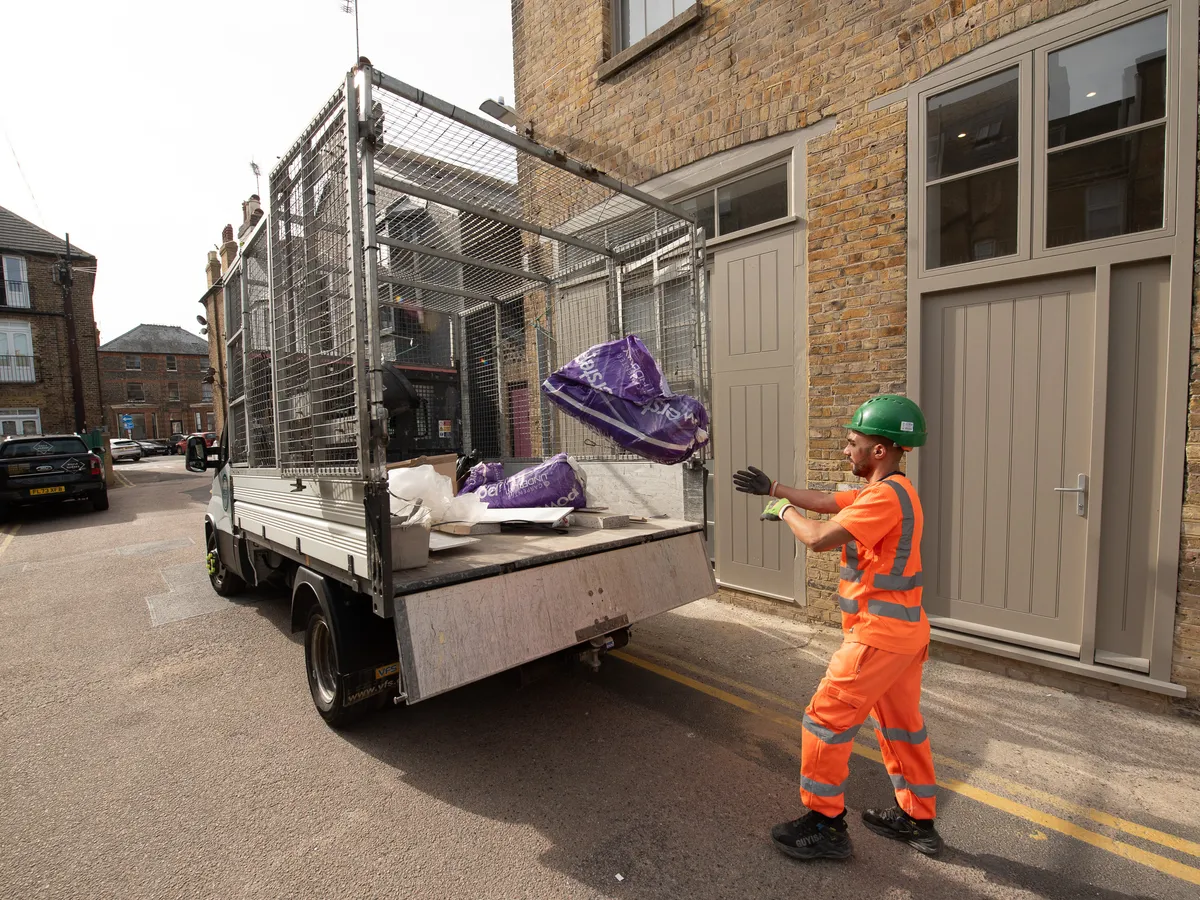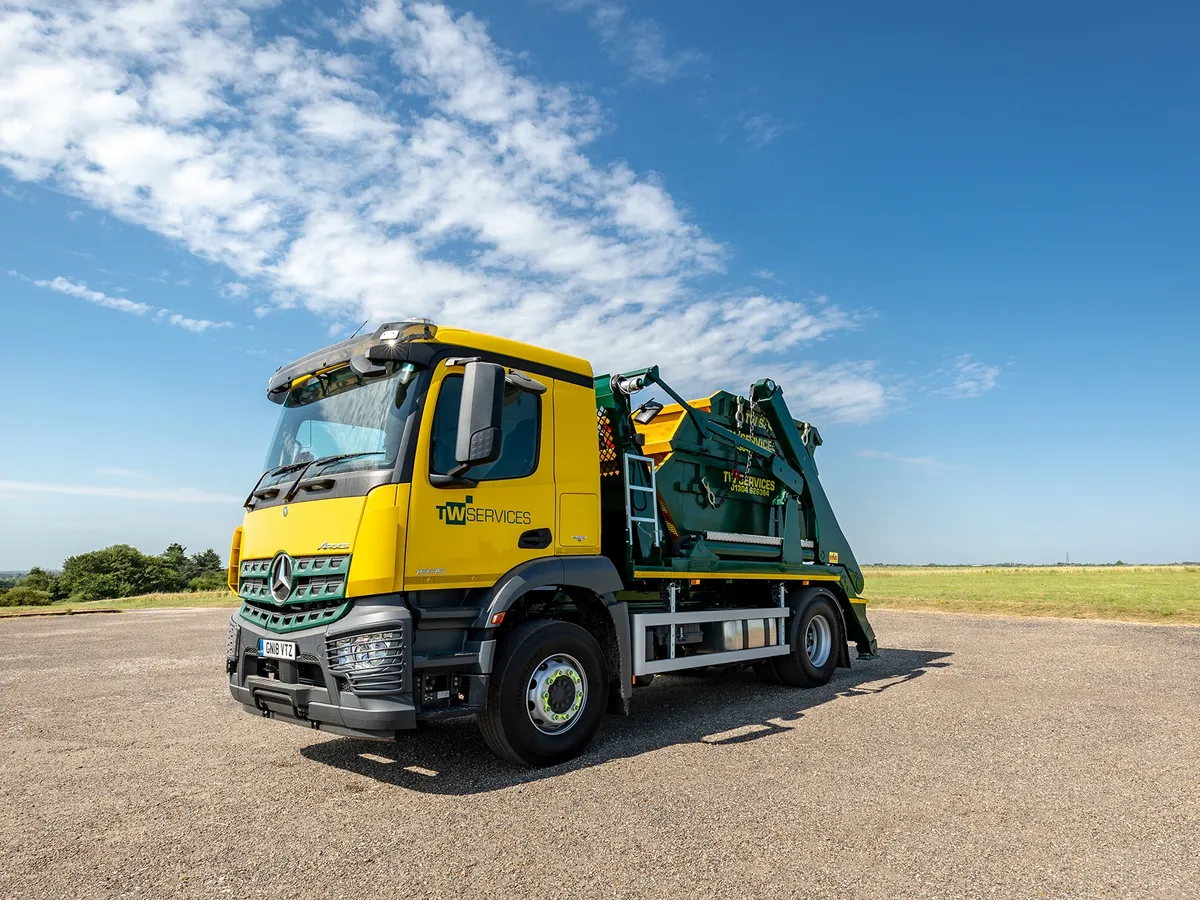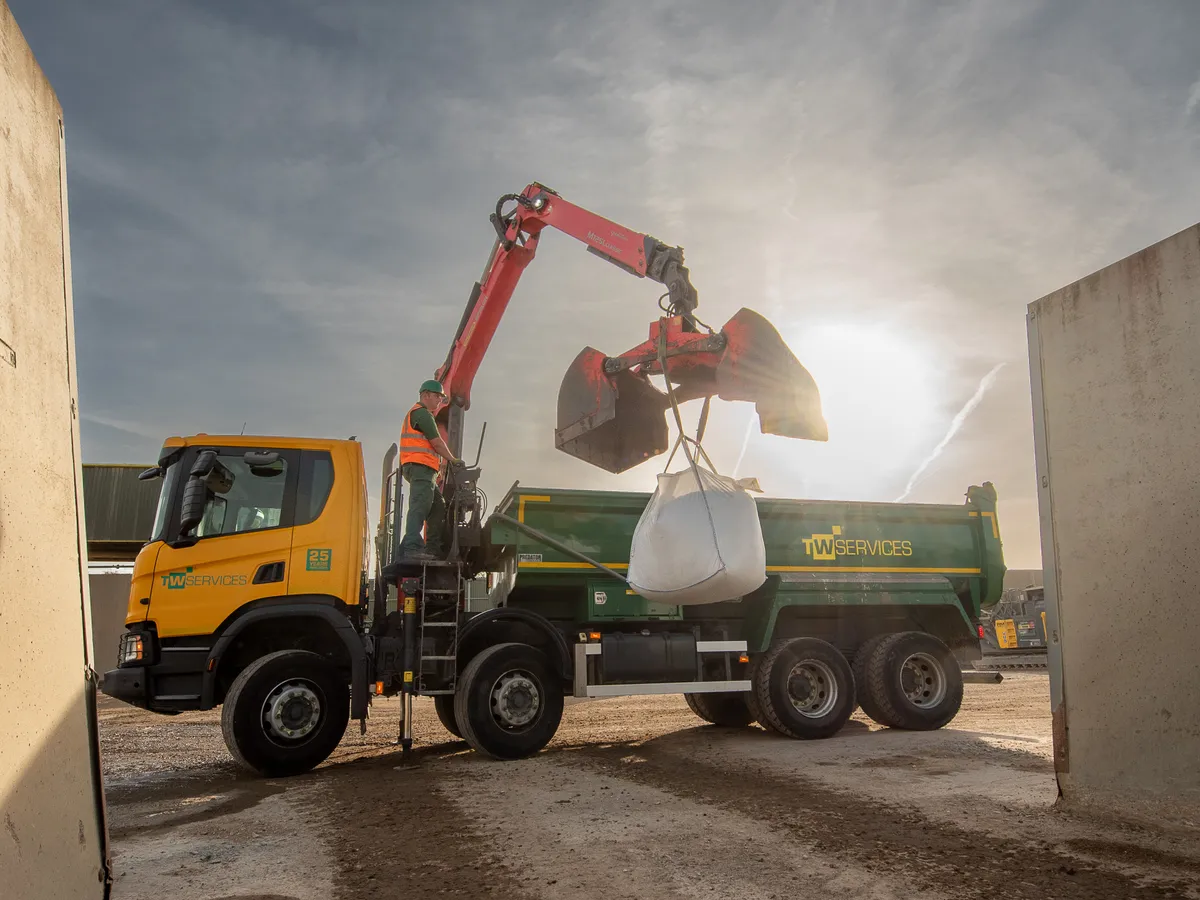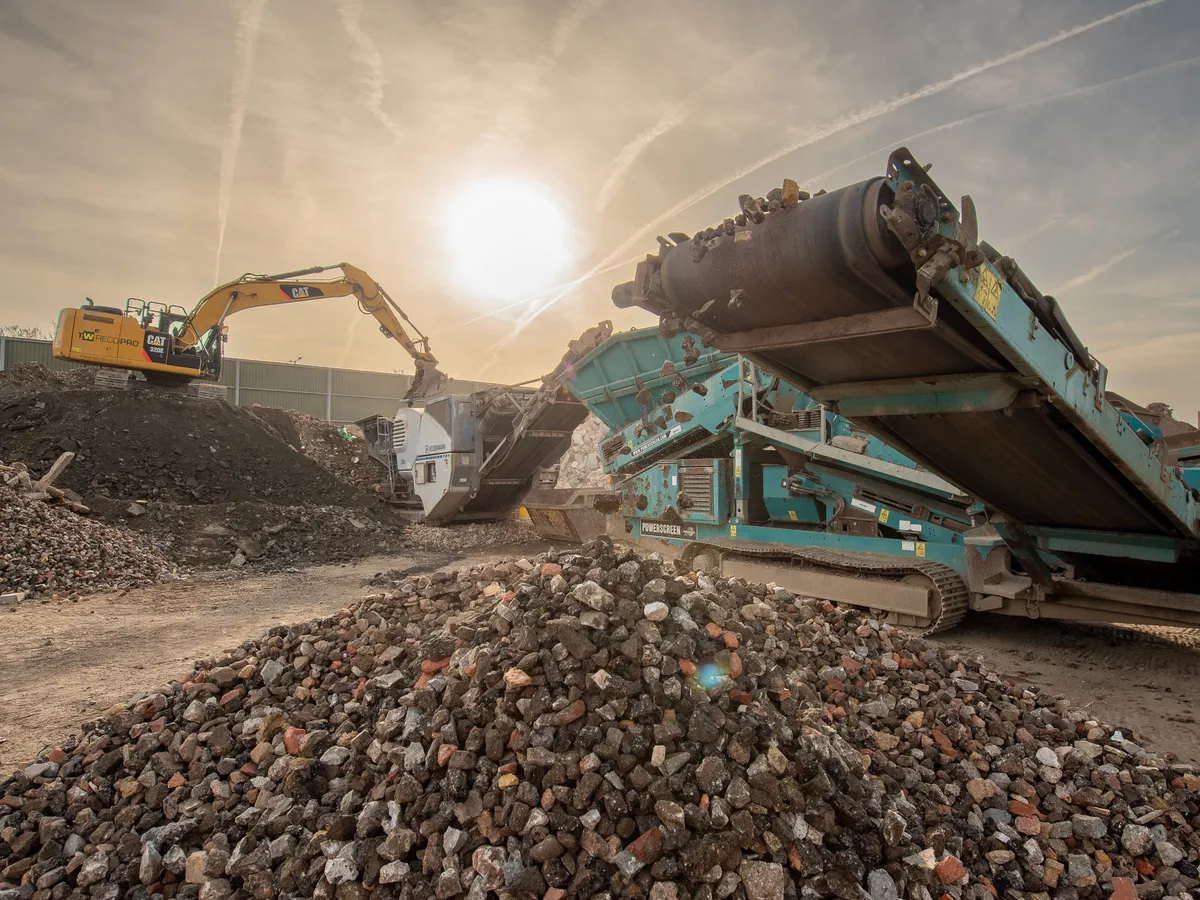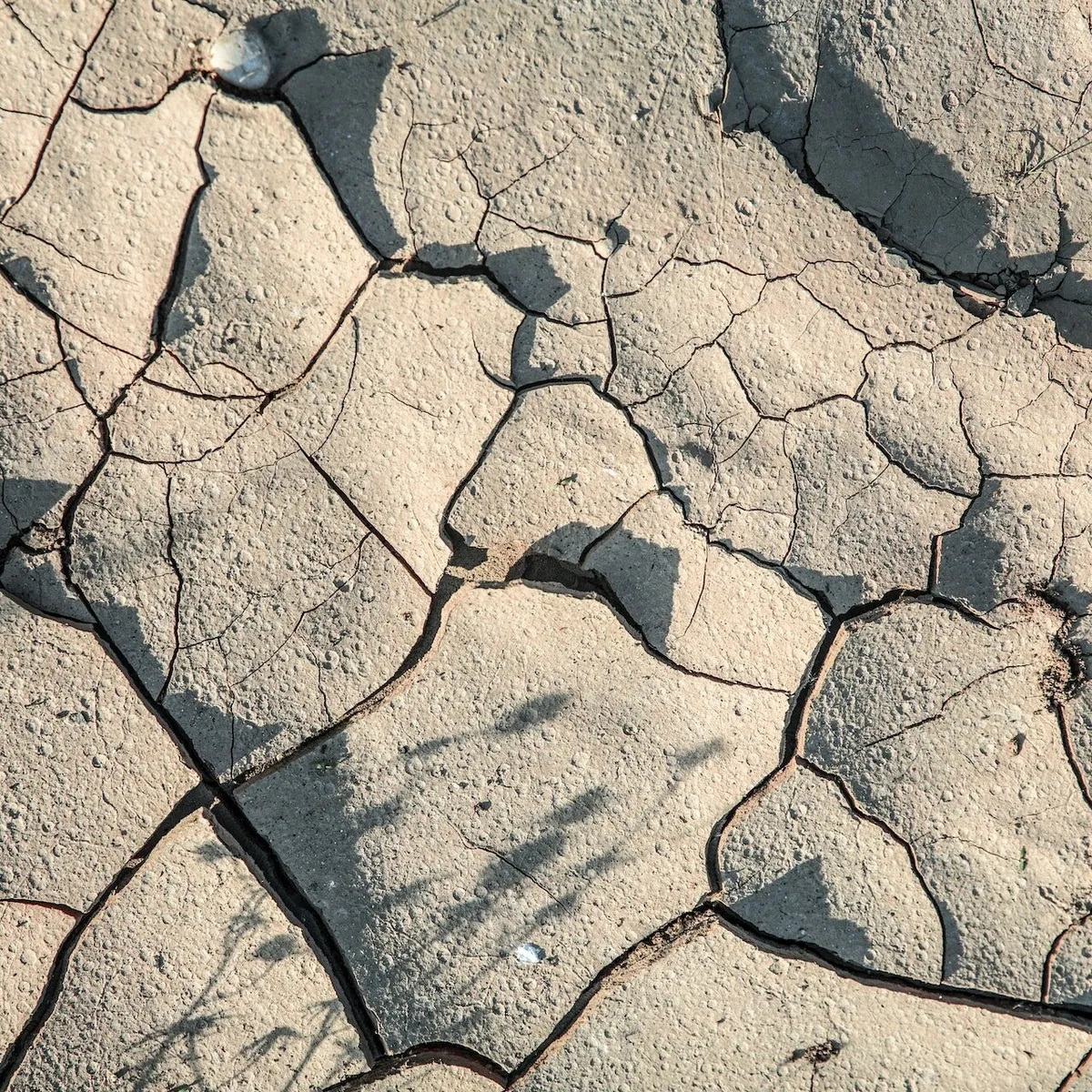
Inert Skip Waste & Recycling Business Impacts
Do you know what happens to skip waste once it’s removed?
When sourcing professional waste management, it’s important to consider every aspect of the removal process. From what type of waste you have to where does my skip waste go, knowing the ins and outs of commercial skip hire will help you choose the right solution.
This blog focuses on everything you need to know about inert skip waste and how it’s disposed of. Keep reading, and you’ll be well informed in minutes.
What Is Inert Skip Waste?
Inert waste refers to materials that are biologically and chemically unreactive. This means they don’t decompose and can’t be removed with general waste materials. While these materials don’t biodegrade, it’s crucial to note they don’t pose immediate harm to the environment either (unlike hazardous waste).
Typically, inert waste is generated from construction, demolition, or renovation projects. Types of inert waste include the following:
Chalk
Concrete
Subsoil
Rubble
Hardcore
Sand
Rubble
Inert skip waste is more common in commercial and industrial projects, but domestic skip hire projects may also create these materials, especially during a home renovation. Before starting your project, read up on all you need to know about choosing a skip for house clearances and renovations.
Inert Waste Skips vs General Skips
Since there are multiple types of skips, knowing which is suitable for your project can be confusing. Here are the common differences between inert waste skips and general skips.
Inert waste skips are primarily used for industrial and commercial projects.
General waste skips are used for commercial and domestic projects.
Biodegradable waste is placed in general waste, but it must be sorted before it goes in (e.g. wood, plastics, furnishings, garden waste.)
Inert waste doesn’t need to be sorted before going in the skip.
What Is a Skip Waste Container?
A yard skip waste container is an open-topped container built to carry waste from one location to another. Professional skip hire companies can drop these containers to you and remove them once filled, removing the stress and burden of disposing of your own waste.
Containers are available in different sizes and dimensions to ensure you can fit as much or as little when needed. Always know what you can put in a skip before hiring one to avoid any extra fees. Learn more about getting the right skip size, skip pricing, and skip weight capacities.
Where Does Inert Waste Go?
Even though inert waste does not biodegrade, it can still be recycled. Skip hire companies work with professional recycling businesses utilising specialised technology and equipment to ensure inert waste receives a second life.
Inert waste can also be reused and recycled on construction projects and other sites. For example, any hardcore can be crushed into aggregates for garden design and hardscaping projects. Bricks can be recycled into garden edging, and waste concrete can be used for stepping stones and laying paths.
While inert waste doesn’t need to be sorted before going in a skip, you should ensure no general waste goes in. Some providers charge mixed waste fees/extra charges as the materials are harder to recycle and require more sorting time.
Talk directly with your chosen skip provider to learn more about inert waste recycling in your area. They’ll also tell you where to dispose of skip waste if they can’t process it.
How To Ensure Your Waste Is Sustainably Managed
Keeping your waste solutions sustainable is paramount, and professional skip hire is a great choice. Working with knowledgeable experts ensures your waste isn’t just dumped; it takes time off your hands, allowing you to invest in your business rather than running to and from the dump.
If you’re wondering, “How is skip waste sorted?” we’re here to help. TW Services provides a range of skip hire services in Kent, and we’re always available to chat about your waste concerns. Get in touch online or call us to learn more.
